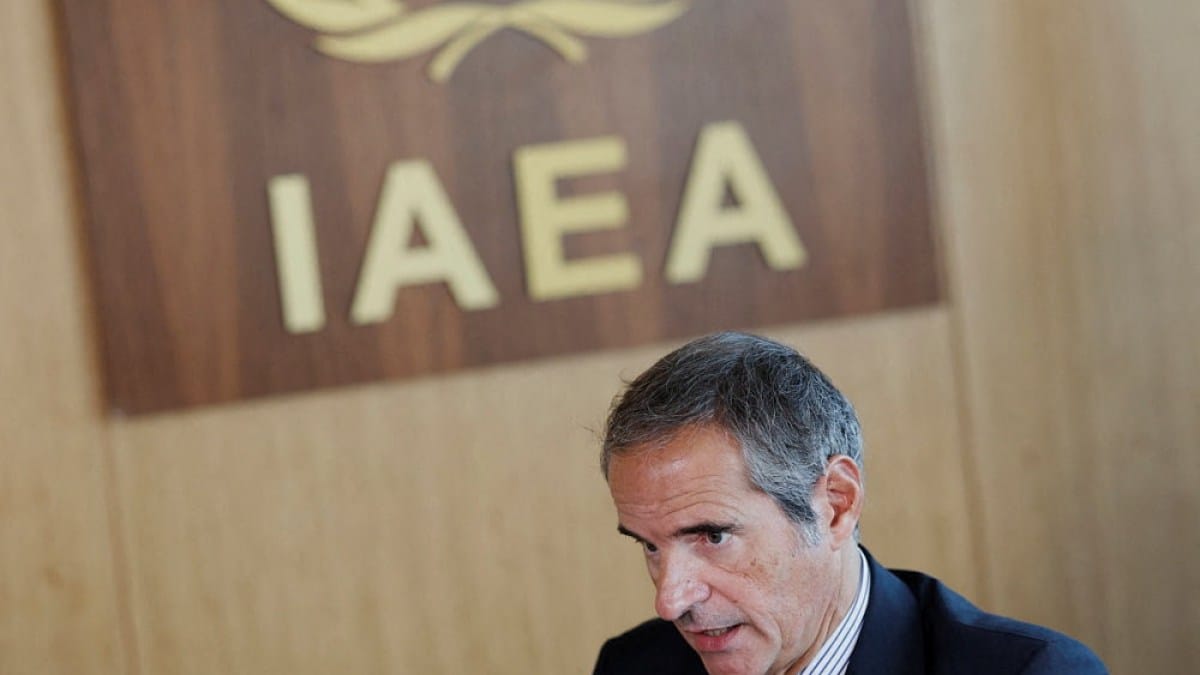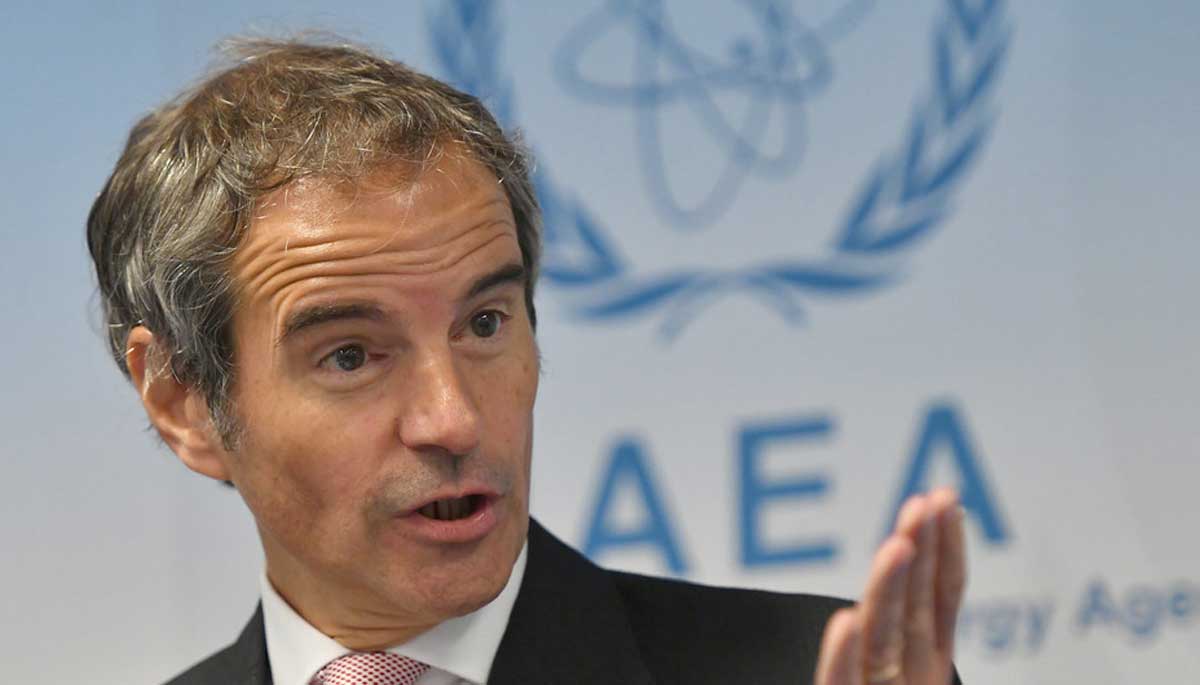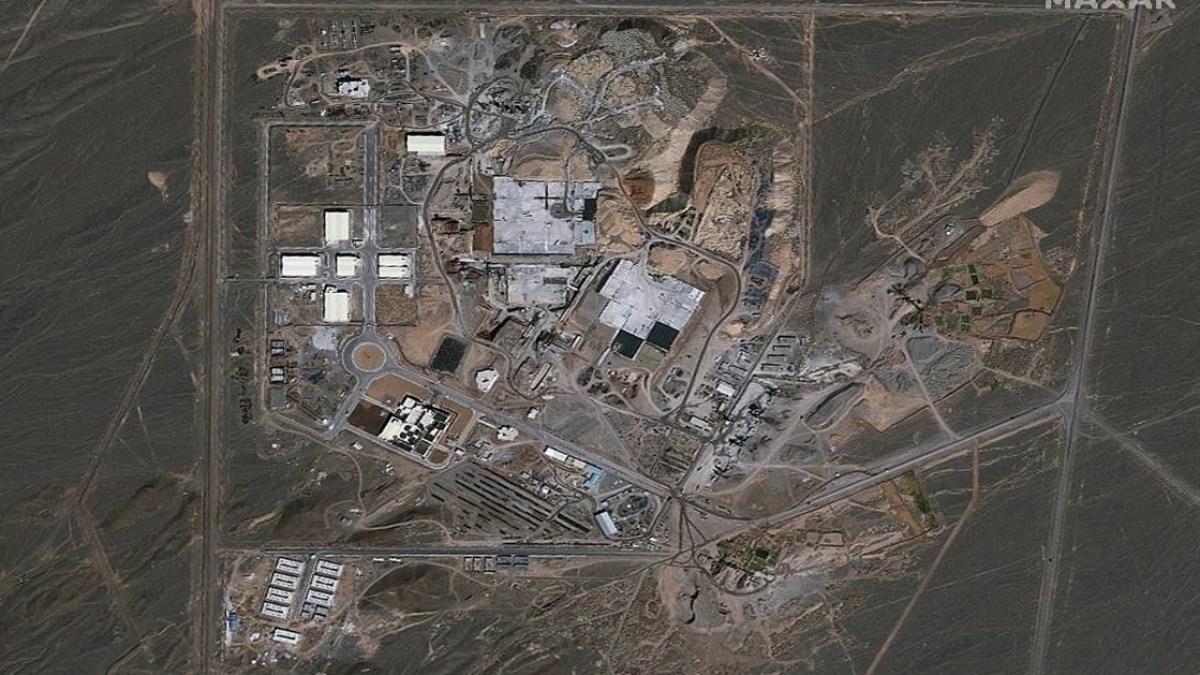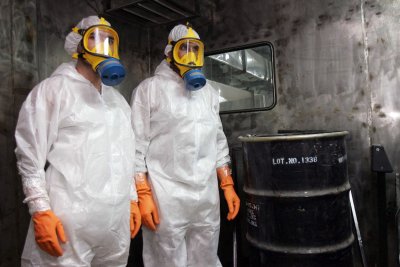What happens when those meant to enforce the law are the ones who break it?
For many in Abuja, Nigeria’s capital city in the North Central, before 2024, the answer lay in the abrupt, often unceremonious, motor checks conducted by Vehicle Inspection Officers (VIOs). To many motorists, these inspections, which were meant to ensure the roadworthiness of vehicles, appeared instead as an avenue for these officers to extort unlawful payments.
Mubarak Muhammed*, a cybersecurity specialist, who once faced such a situation, said:
“I was stopped by these officers and asked to pay ₦9,000 for no reason. They searched my car but never found anything wrong with it, yet they still asked me to pay. I begged for them to let me go because at the time, I was low on funds, with only ₦11,000 in my account. Well, I ended up paying the money, but it wasn’t enough. Their Oga [referring to the senior officer] entered my car and told me I had to settle him privately, that he knew I had money, so I should give him ₦50,000.” At that point, Mubarak said he called his father, who sent their driver to retrieve the car. Only then did the officers back down.
Stories like Mubarak’s are commonplace on the streets of Abuja, with ongoing claims by some motorists that extortive car searches were a day-to-day stressor. The issue was so rampant that in 2016, the Nigerian newspaper Daily Trust wrote an article summarising the concerns of many. In it, frustrated Abuja drivers expressed their displeasure with the car searches that left their pockets drained.
Over the years, the issue has not faded. In 2024, some residents took to social media, their anger at the VIO system bitterly typed out. One user, in an essay posted on Reddit, expressed their disbelief over being fined ₦75,000 for allegedly beating a red light, an accusation they denied.
This slow-cooking pot of complaints finally reached its boiling point. Towards the end of 2024, human rights activist and lawyer Abubakar Marshal filed a lawsuit against the Federal Capital Territory Directorate of the Road Traffic Services (FCT-DRTS), commonly known as VIO. He argued that no law allowed the officers or related agents to stop, impound, confiscate, seize, or impose fines on motorists.
The judge, Evelyn Maha of the Federal High Court, Abuja, ruled in favour of Abubakar’s argument. On October 2, 2024, the court barred the VIO in FCT from carrying out such actions.
The ruling was met with jubilation. On X, the microblogging site, one user said, “This is great news,” while another called it “Long overdue.”
But the victory was short-lived. The directorate quickly opposed the judgment and sought an appeal. A consensus was never reached, and so the initial judgment stayed in place: VIO vanished from Abuja’s bustling streets, vehicles went around without inspections, and motorists adjusted to a city without the officers.
That was until technology offered the officers a way back onto the roads
In February 2025, just four months after the ruling, the VIO unveiled an Automated Number Plate Recognition system (ANPR system) that allowed the officers to digitally check plate numbers and ensure all of a vehicle’s credentials were in place. Abdullateef Bello, the FCT-DRTS director, said the system had “legal backing.” It was a way to subvert the issues posed by the barring. Physical checks had been banned, but tech-geared ones hadn’t.
“We are embracing technology in our activities. We have even started,” Kalu Emetu, the spokesperson of the VIO in Abuja, told HumAngle. “Once you have committed certain offences, there will be no need for officers to go after you. What you will get is an e-ticket from us, and you will go and pay into a designated account which belongs to the government.”
Digitally armed, the officers returned to the city’s streets in February, sliding back as if they never left. But, just as easily as they came back, so did the issues.
For starters, some motorists told HumAngle that the technology was abandoned before it could even settle, and in less than a year, physical inspections have made a full comeback to the streets of Abuja, though this defies the legal bounds of their return.
Hadiza Balal*, a 23-year-old learner driver, fell prey to one of these searches in June.
“I was flagged down in Mpape and asked to pull over. At the time, my car papers were expired, so when I was stopped, I knew I was entering a situation I would not easily escape.”
The officer leaned his head through the window, eyes darting around the interior of the car in search. Finally, after what felt like an eternity to Hadiza, the officer asked her for the thing she feared he would: her car papers.
“When he noticed they had expired, he demanded I pay a fine. I thought the most he would ask for was ₦5,000, but he insisted I give him ₦27,000 to renew my papers,” she recounted.
This process not only rattled Hadiza, but also stood in direct violation of what the officers were now allowed to do on the road. Physical papers were meant to be viewed on computerised devices, and checks were meant to be done with a quick scan of Hadiza’s plate number, not with the officer halfway into the driver’s seat.
What’s more, when Hadiza finally paid him, there was no e-ticketing as promised, just a demanded transaction that left her suspicious.
“I managed to persuade the officer to lower the fine to ₦26,500, which would also cover the cost of renewing my documents,” she said, seeming frustrated. “But when I inquired about paying the fine at his station, he insisted that I pay him directly.”
Hadiza didn’t leave until a transfer was made into an account that, she claimed, could never belong to any official organisation. “It was a personal account,” she stated. “A first and last name, with no indication that the account belonged to the government.”
The moment the transfer was done, the officer’s attitude mellowed. The officer who’d been arguing with her was suddenly kind. But even after this struggle, Hadiza faced a second round of problems at the VIO office, where she went to renew the papers.
She described the place as cramped and stifling. The officers ignored her for several minutes before one approached her — not to assist, but to harass.
“He called me “baby girl” and told me I was his girlfriend. I wanted to punch him when he touched my leg, saying he wanted to get to know me more, but I didn’t do anything because I wanted the process to go fast so I could go home,” she recounted.
Hadiza eventually renewed the documents.
While some, like Hadiza, leave physical searches unopposed, others demand their right to a digital check, yet, even with their resistance, they are denied the right.
At Life Camp roundabout in Abuja Municipal Area, Daniel Livinus was stopped by an officer who followed due protocol, only to be hounded by a second officer who didn’t.
“The first one came and scanned my plate number. He didn’t even say anything, just scanned and left,” Daniel recounted. “Not less than a minute later, another one came and asked me to show him my particulars. I said, “Ah, but you can check it on your phone now.” That’s all it took for the man to start shouting, “Will you be the one to teach me my job?”
The fight got heated, so much so that the first officer and a random passerby went to mitigate the situation. David said that both men sided with the aggrieved officer, saying that he should obey because the officer is “doing his job”.
“If he followed normal protocol, I wouldn’t have had an issue with him,” Daniel added.
While some motorists are denied the use of the technology, others face issues with it. Sometimes, when scans don’t go through, the officers use that as an incentive to fine motorists who haven’t done wrong.
For Nanlian Mamven, a 21-year-old youth corps member, his car, registered in Plateau State, made him a victim of this issue.
“VIO stopped me at a traffic light and ran my plate number through this new app,” he recounted. “The app is supposed to bring out all your registration information. Still, my details didn’t pop up for some reason, most likely because my car was registered in Plateau, and I think the app only covers FCT-registered cars. It should have been fine because I still had my valid registration papers, but the officers entered the back of my car, told me to drive to their station, and demanded I pay ₦ 28,000.”
Unlike the Federal Road Safety Corps (FRSC), which oversees traffic regulation across the entire country, the Vehicle Inspection Office is run by state governments and the FCT Authority. This means that systems or technologies introduced in the FCT, such as the ANPR app, may not apply uniformly in other states. As a result, vehicles registered outside the FCT often face complications when subjected to Abuja’s digital checks.
Nanlian soon realised this was not just a technical glitch but an extortion attempt. Only after he contacted his mother’s friend, a senior officer, did the demands vanish.
“The senior officer I called said no, the money they were asking for wasn’t the proposed money they should have called, so clearly they had added something to it. When I gave the phone to one of them, they hastily told me I could go. That was how I escaped that day,” he said.
Yet, even then, the ordeal did not end smoothly. Back home, Nanlian discovered his headphones and groceries missing from the backseat, items he claimed disappeared only after the officers entered his car.
“I put two-and-two together and realised they had taken my things,” he said, a claim we could not independently verify. “But at that point, I just let the matter go. Where was I going to start from?”
The sense of helplessness he expressed seemed to be a recurring thing for many drivers. It didn’t matter if it was a plate number scanning or a physical search; one thing is clear: many of Abuja’s motorists feel slighted by the city’s vehicle inspection system.
When HumAngle contacted the VIO spokesperson with these allegations, he pushed back. Kalu argued that the problem lay less with officers and more with the motorists.
“We’ve been having these accusations that our people collect their own share,” he told HumAngle. “But you know, people frame the story the way they want. What the present managers of the directorate are doing now is ensuring that technology takes over most of the activities. For example, if you are fined and told where you are going to pay, you wouldn’t have any reason to blame the person who stopped you because you’ve been given a specific government-owned account to pay into.”
Yet, for drivers like Hadiza, Daniel, and Nanlian, the gap between promise and practice remains wide. If nothing changes, more motorists may teeter to the extreme that Hadiza did when asked how she plans to handle driving in Abuja, sometimes abandoning their cars altogether and risking the city’s notorious “one-chance” cabs.
“I can’t lie to you,” she breathed out in frustration, “I think I now hate driving.”
Names marked with an asterisk (*) have been changed to protect the identities of sources.





